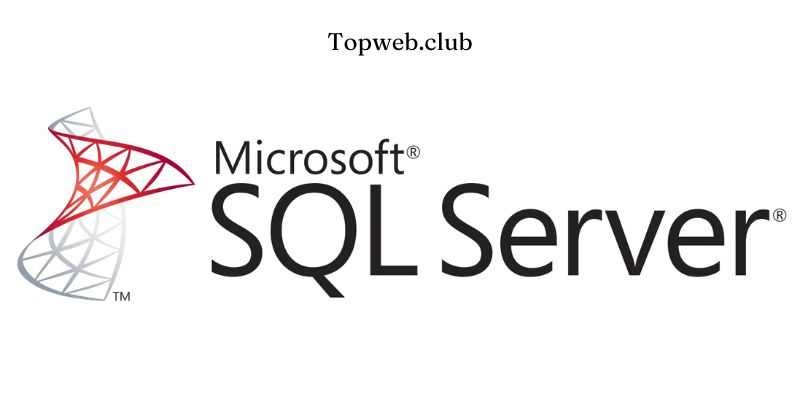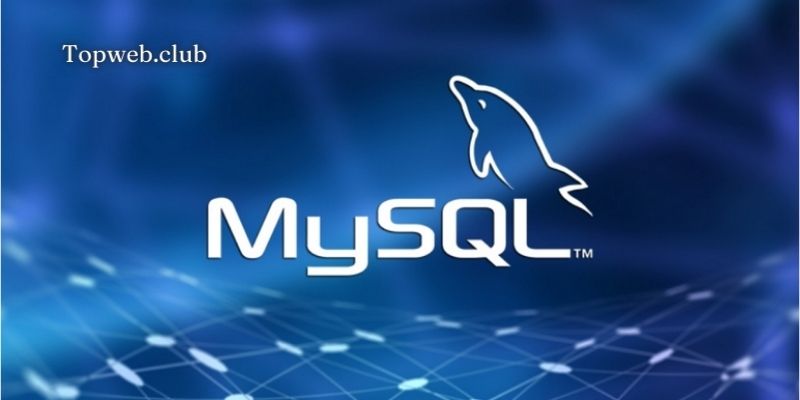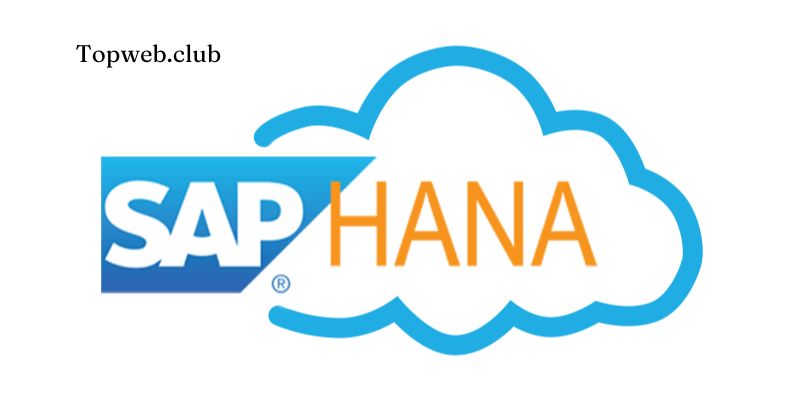In today’s data-driven world, effective data management is a critical aspect of any organization’s success. For businesses and enterprises, choosing the right provider data management software is paramount to streamline operations, enhance decision-making processes, and maintain a competitive edge. In this article, Topweb.club will delve into the top 8 provider data management software solutions, each offering unique features and capabilities to address diverse data management needs.
Top 8 Provider Data Management Software
1. Microsoft SQL Server
Microsoft SQL Server stands as one of the foremost choices for provider data management software. Renowned for its robustness and versatility, SQL Server caters to a wide range of data management needs. This relational database management system (RDBMS) offers various editions, including SQL Server Express for smaller deployments and SQL Server Enterprise for large-scale applications.

SQL Server excels in data security, ensuring that sensitive information remains protected against unauthorized access. Its integration with other Microsoft products, such as Power BI and Azure, makes it a comprehensive choice for businesses seeking a seamless data management ecosystem.
2. Oracle Database
Oracle Database, another stalwart in the provider data management software arena, is known for its scalability and performance. This RDBMS has been a trusted choice for organizations with complex data management requirements. Oracle Database’s ability to handle large datasets and support intricate applications is well-documented.
One of its standout features is its high-level security mechanisms. Oracle Database offers robust data encryption, audit trails, and access controls, making it an ideal choice for sectors like finance and healthcare where data security is paramount.
3. IBM Db2
IBM Db2 is a versatile database management system offering support for both relational and non-relational data. It is particularly renowned for its reliability and advanced analytics capabilities. With Db2, organizations can effectively manage their data while harnessing its full potential for insightful analytics.
Db2’s ease of integration with various platforms and programming languages ensures that it can seamlessly fit into existing IT infrastructures. Its support for multi-model data, including graph and JSON, makes it a suitable choice for modern, data-intensive applications.
4. MySQL
MySQL, an open-source RDBMS, has earned its place among the top provider data management software options, especially for web applications. Known for its simplicity and ease of use, MySQL has been the foundation for countless websites and online services.

This software’s open-source nature encourages a strong community of developers and users, resulting in regular updates and enhancements. MySQL is a cost-effective solution for businesses that require a reliable and scalable database management system.
5. PostgreSQL
PostgreSQL is a powerful open-source RDBMS celebrated for its versatility and extensibility. Its community-driven development ensures that it stays at the forefront of database technology. PostgreSQL’s ability to handle advanced data types, such as JSON and GIS data, sets it apart from the competition.
This software excels in data integrity, providing features like ACID compliance and robust foreign key support. PostgreSQL’s commitment to standards compliance ensures that it can seamlessly integrate with various tools and applications.
6. MongoDB
MongoDB represents a different approach to data management as a popular NoSQL database. It is recognized for its flexibility in handling unstructured and semi-structured data, making it an excellent choice for modern applications where data schemas may evolve over time.
MongoDB’s document-oriented architecture allows for easy scalability, and it supports horizontal scaling to accommodate growing datasets. Its native support for geospatial data and complex querying capabilities make it a valuable tool for businesses requiring flexible data management.
7. SAP HANA
SAP HANA is an in-memory database platform designed for real-time analytics and data processing. This software is often found in enterprise environments where speed and accuracy are of the essence. SAP HANA enables organizations to gain immediate insights from their data, helping them make informed decisions rapidly.

One of SAP HANA’s distinctive features is its ability to handle both transactional and analytical workloads simultaneously. Its integration with SAP’s suite of business applications further enhances its appeal for businesses looking to streamline their operations.
8. Teradata
Teradata is a renowned data warehouse platform celebrated for its performance and scalability in handling large-scale data analytics and business intelligence. Organizations that deal with massive volumes of data often turn to Teradata for its capabilities in managing and analyzing complex datasets.
Teradata provides robust data warehousing features, including data partitioning, indexing, and compression, to optimize query performance. Its parallel processing architecture ensures that even the most demanding analytical workloads can be executed efficiently.
Final Thought
In summary, the realm of provider data management software is diverse, offering a range of options to cater to specific business needs. Each of the eight solutions mentioned above comes with its own set of advantages and features, making them suitable for various scenarios. The key to making the right choice lies in understanding your organization’s data management requirements, scalability needs, and budget constraints.
When selecting a provider data management software, consider factors such as data security, integration capabilities, support for different data types, and the expertise required to operate the software effectively. Moreover, it’s crucial to stay updated with the latest developments in the field, as new features and improvements are continually being introduced.
In conclusion, the world of provider data management software is vast and ever-evolving. As data continues to play a pivotal role in business operations, choosing the right software is essential for optimizing data utilization and decision-making processes. Whether you opt for a traditional RDBMS like Microsoft SQL Server or an innovative NoSQL solution like MongoDB, your choice should align with your organization’s unique data management needs. The top eight solutions presented in this article offer a starting point for your exploration of the provider data management software landscape.